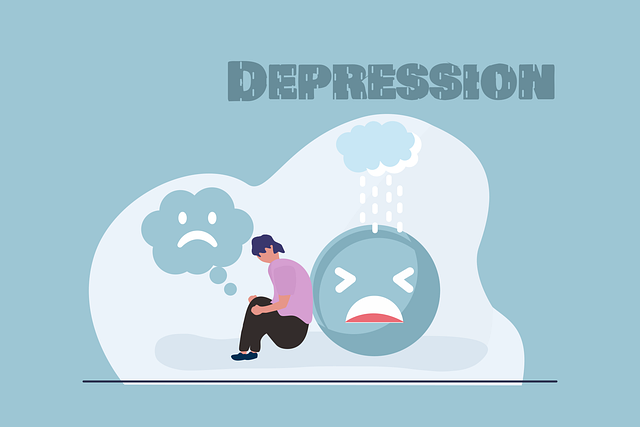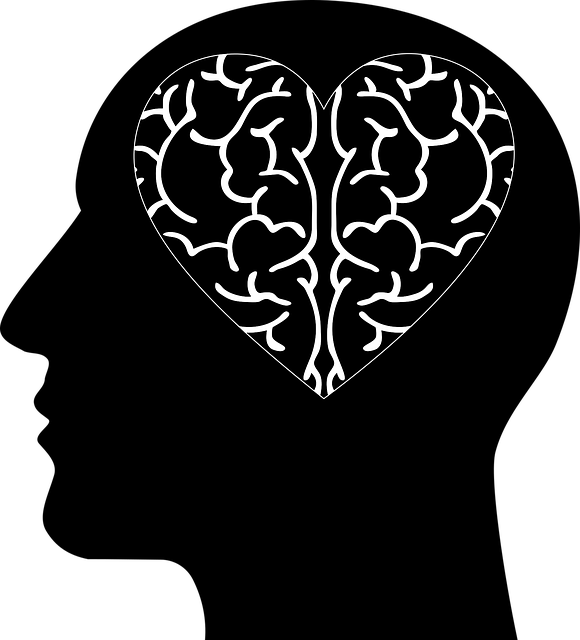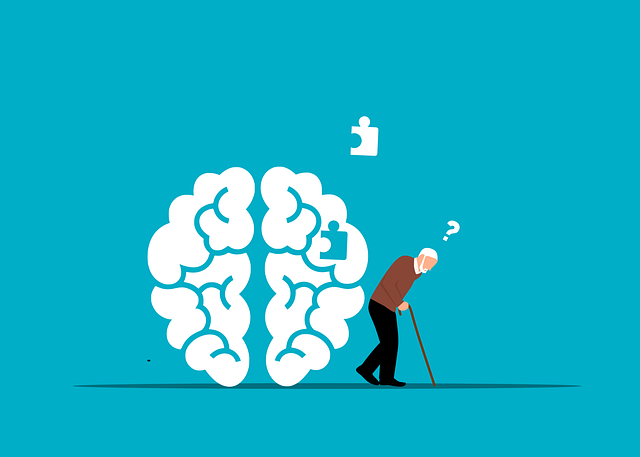In Denver, a unique approach combining Community Outreach, Trauma Support, and Mental Wellness Coaching Programs tackles mental health challenges, especially regarding spiritual-religious issues. This holistic method integrates social skills training with evidence-based practices and personal narratives to reduce stigma, enhance self-care, and improve connections. Through role-playing and mindfulness, individuals gain confidence in social interactions, fostering better mental health outcomes for diverse communities. Denver Spiritual-Religious Issues Therapy stands out as a powerful tool for managing mental health conditions by promoting understanding, acceptance, and overall well-being.
Social skills training is a vital component in managing mental health conditions, addressing isolation and social anxiety often associated with disorders like depression and PTSD. This article explores the intricate relationship between social skills and mental well-being, delving into the unique approach of Denver Spiritual-Religious Issues Therapy. We’ll uncover effective strategies for training, offering hope and improved quality of life for those navigating both mental health challenges and social interactions.
- Understanding the Intersection of Social Skills and Mental Health
- The Role of Denver Spiritual-Religious Issues Therapy in Social Skills Training
- Effective Strategies for Social Skills Training in Addressing Mental Health Conditions
Understanding the Intersection of Social Skills and Mental Health

In navigating the complex landscape of mental health support, understanding the intricate intersection between social skills and psychological well-being is paramount. Many individuals struggling with mental health conditions often face challenges in their daily interactions, which can significantly impact their overall quality of life. This is particularly relevant for those seeking Denver spiritual-religious issues therapy, where fostering meaningful connections and enhancing social competencies are essential components of healing.
The implementation of a robust Community Outreach Program, coupled with Trauma Support Services, has proven to be game-changing in promoting mental wellness. These initiatives aim to break down barriers by offering accessible platforms for individuals to develop and practice social skills necessary for engaging their communities. Through the development of Mental Wellness Coaching Programs, individuals gain tools to manage symptoms, improve communication, and build supportive networks—all vital steps towards a healthier, more fulfilling life.
The Role of Denver Spiritual-Religious Issues Therapy in Social Skills Training

Denver Spiritual-Religious Issues Therapy offers a unique and holistic approach to social skills training, addressing the intricate relationship between spiritual and religious beliefs with mental wellness. This specialized therapy is designed to help individuals navigate their faith while managing mental health conditions, creating a safe space for exploration and understanding. Through engaging discussions and reflective exercises, clients can integrate their spiritual practices into their daily lives, fostering better self-care and social connections.
The Denver Spiritual-Religious Issues Therapy program combines evidence-based techniques with the power of storytelling and community building, making it an effective tool in Burnout Prevention and Mental Illness Stigma Reduction Efforts. By encouraging open conversations about personal beliefs and experiences, this therapy empowers individuals to develop meaningful social skills, enhance their support networks, and ultimately contribute to improved mental health outcomes and overall well-being.
Effective Strategies for Social Skills Training in Addressing Mental Health Conditions

Social Skills Training plays a pivotal role in managing and improving outcomes for individuals navigating mental health conditions. Effective programs go beyond traditional talk therapy, incorporating practical strategies tailored to the unique challenges faced by clients. In Denver, where spiritual-religious issues therapy is widely accessible, trained therapists utilize role-playing exercises, group discussions, and mindfulness practices to build confidence in social interactions. These methods not only help individuals recognize and manage triggers but also foster a sense of belonging and self-acceptance, crucial elements in overcoming mental illness stigma reduction efforts.
For instance, training in mood management techniques allows participants to learn coping strategies for navigating stressful situations socially. Additionally, healthcare provider cultural competency training ensures therapists are equipped to address the specific needs of diverse populations, promoting inclusive and effective care. By combining evidence-based practices with a deep understanding of individual experiences, social skills training can empower individuals to build meaningful connections, enhance their support networks, and ultimately improve their overall well-being.
Social skills training, especially when informed by approaches like Denver Spiritual-Religious Issues Therapy, plays a pivotal role in managing mental health conditions. By integrating effective strategies that target social interactions, individuals can enhance their overall well-being and navigate social environments with greater confidence. This holistic approach not only improves symptoms but also fosters meaningful connections, ultimately contributing to a more fulfilling life.














